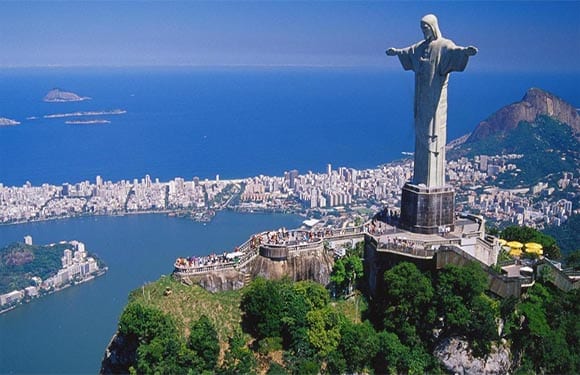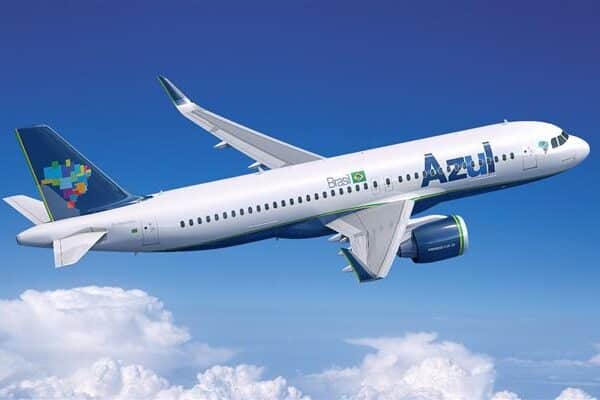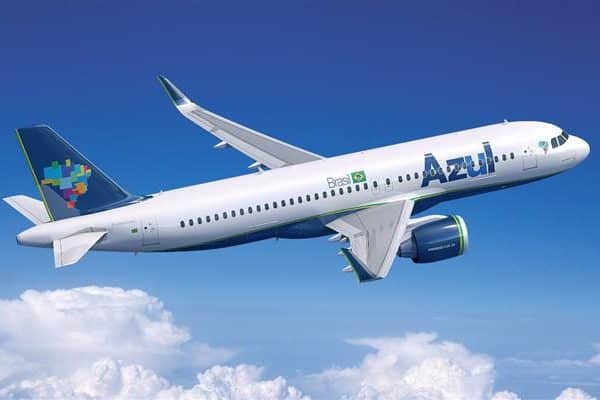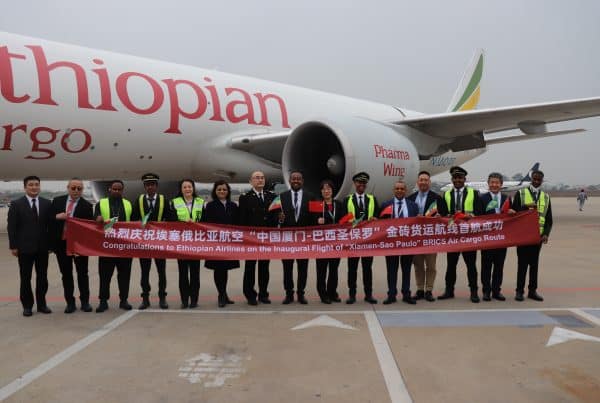Marcelo Freixo has been named the new president of the Brazilian Agency for International Tourism Promotion (Embratur). He is charged with restoring the country’s international image, and his top priority is to improve Brazil’s reputation abroad. Marcelo Freixo was appointed by Brazil’s president, Luiz Inácio Lula da Silva.
After four years of international isolation, Brazil will return to the global stage to resume its leading role in promoting dialogue, cooperation, and environmental issues and climate change. The new government is committed to restoring the country’s reputation and standing in the world, and it is eager to resume its role as a leader in promoting peace, prosperity, and global harmony. Freixo said that Embratur’s mission will be to give Brazilian tourism the recognition it deserves and to meet the world’s expectations.
Freixo plans to reorganize the agency so that it focuses on marketing, promotion, and supporting the commercialization of Brazil abroad, based on data intelligence and big data. He also said that the agency will partner with the public and private sectors, invest in innovation, and insert the sustainability agenda and climate actions. Freixo is hoping that this will lead to better results for Brazil.
Freixo was born into a poor family in São Gonçalo, Rio de Janeiro, and has since served as a congressman. He has been twice named the best parliamentarian in Brazil, and is the recipient of the Congress in Focus Award. Freixo is an experienced politician who has spent his time in office fighting for the rights of the people he represents. He is a dedicated teacher and historian, and his work in the legislature will be crucial in the future of Brazil.
The Brazilian Tourist Board (Embratur) is responsible for developing and implementing national tourism policy, which includes promoting Brazilian tourist destinations internationally and providing marketing support to make these destinations more accessible and appealing to tourists. In addition, Embratur helps to generate social and economic development by increasing the flow of international tourists to Brazilian destinations.




